This Startup Produces Food From Air And Electricity
Dhir Acharya - Jan 28, 2019
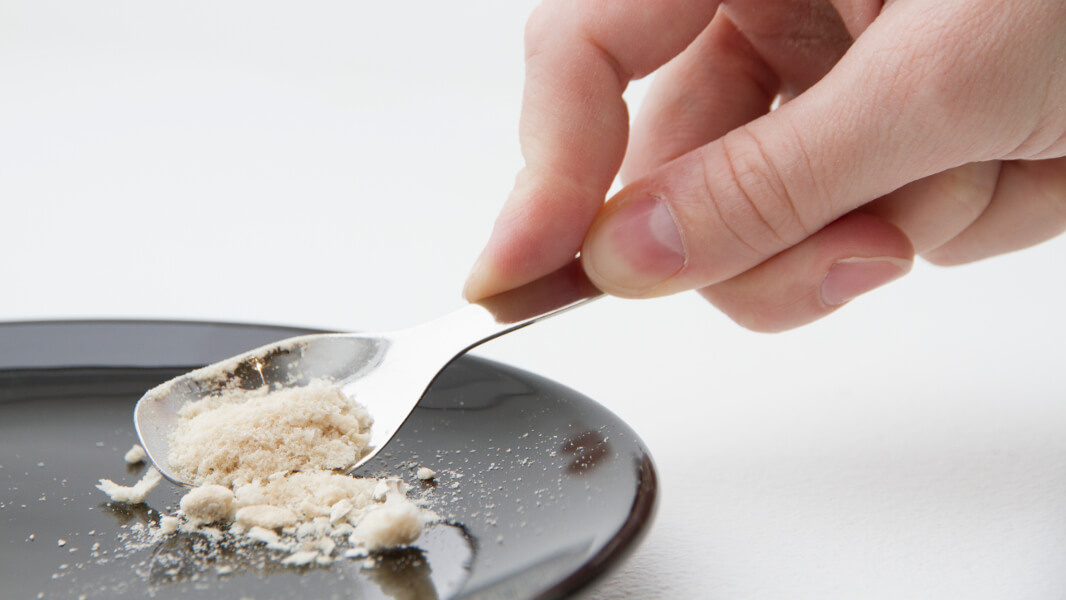
Solar Foods has managed to produce a protein-rich powder from air, using electricity. The company is looking to hit the market.
Who could imagine making food from the air? Well, imagining is not even necessary anymore because a Finnish startup has already done that, with the help of electricity. Now, the company expects to enter the market by 2021.
Currently, Solar Foods, based out of the Lappeenranta University of Technology (LUT) and the VTT Technical Research Center of Finland, is producing one kilogram of edible powder per day which is rich of protein. The powder is called “Solein”, and the company is still in the pilot production phase.
Pasi Vainikka, Solar Foods CEO, said that one kilo of Solein can provide 7-10 people with enough protein for a full day.
The company hopes that Solein can someday replace meat and soy as a carbon source, which can help save land and other resources. Vainikka said producing Solein has nothing to do with agriculture. He explained that soil microbes used only the needed collection from natural land once. Then, scientists grow them in the laboratory where the microbes use the inorganic nutrients grabbed from mineral deposits without using fertile land.
At present, there other meat alternatives too, like lab-grown meat or plant-based Impossible Burger, but while those products can decrease the pressure on agriculture, they occupy almost 50 percent of Earth’s land surface. Furthermore, their production is responsible for 10 percent of the total greenhouse gas emitted in the US.
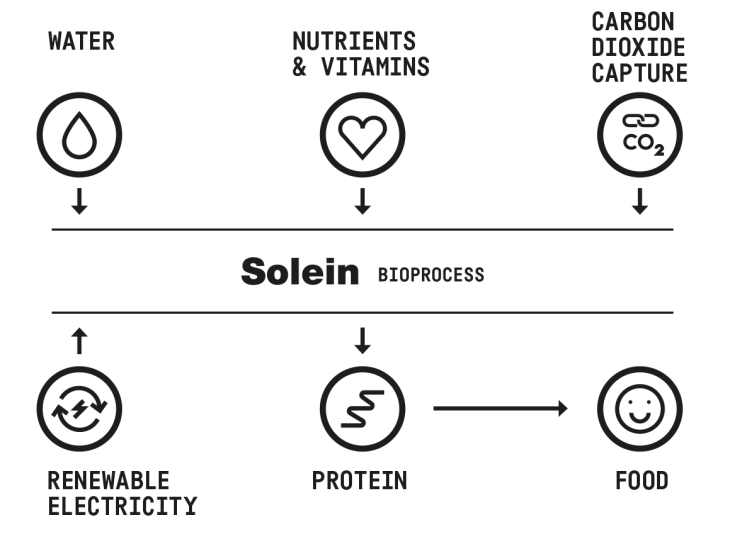
Solein Bioprocess
According to Vainikka, just changing the energy system is not enough, the world needs to eat differently.

In early 2018, the European Space Agency asked Solar Foods to invent technology for making a protein-rich powder to use in Mars missions. FYI, Solar Foods was established within the framework of the Business Incubation Program of the ESA.
To make Solein, first, the company generates hydrogen through a process called electrolysis, in which water cells are split in a bioreactor using electricity. Then, the hydrogen, along with nutrients like sodium, phosphorus, and potassium, is added to carbon dioxide. After that, the mixture is fed to microbes that it derived from soil.
The result are cells consisting of protein (50%), carbohydrates (25%), fat (5-10%), and others.
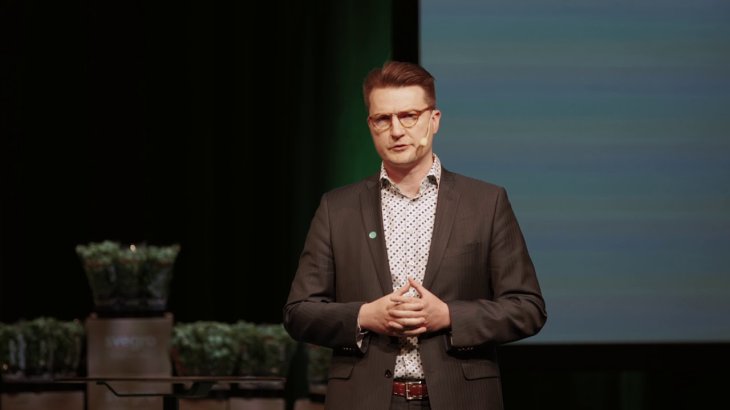
Pasi Vainikka, Solar Foods CEO
Vainikka says there are three ways to consume Solein: as a replacement for protein in existing foods, like drinks or bread; as an ingredient in meat alternative made from plants; and as a sustainable amino acids source in producing meat in labs.
However, the company still has a long way to go because the issue is at large scales and it has to ensure the Solein’s safety so that it can go into the market. Additionally, the currently low productivity means the project can hardly compete with current agricultural systems and Solein is still too expensive for tackling global food insecurity, according to Peter Tyedmers, food expert and professor at the School for Resource and Environmental Studies at Dalhousie University based in Nova Scotia.
Tyedmers emphasized that food insecurity happens to the poorest, and the poorest cannot afford Solein, that’s why it can never meet the food demand of the most impoverished. Tyedmers said that this may be a technological marvel but definitely not a food system.

Impossible Burger
Solar Foods also face another question about Solein: Will consumers want to eat something that is made from air and electricity? Although alternative foods like Impossible Burger has been increasingly accepted by the market over the last few years, newer and more technologically complicated products like meat made in labs still receive public criticism for being unappealing. It appears that just their eco-friendliness is not enough.
According to Dr. Sylvain Charlebois, a professor at the Rowe School of Business at Dalhousie, it’s challenging to make innovations in the food industry since consumers tend to keep their guards up against new foods until they become mainstreams. And it costs a lot for mass production and broad distribution while the profit is low.
Nevertheless, Charlebois still stay hopeful about calorie-rich powder, noting that Solar Foods is the first startup of its kind to approach the market.
He said that 2018 saw the boom of plant-based dieting. This will be a good ground from which new company can look at the food market.
Featured Stories

Features - Jan 29, 2026
Permanently Deleting Your Instagram Account: A Complete Step-by-Step Tutorial

Features - Jul 01, 2025
What Are The Fastest Passenger Vehicles Ever Created?

Features - Jun 25, 2025
Japan Hydrogen Breakthrough: Scientists Crack the Clean Energy Code with...

ICT News - Jun 25, 2025
AI Intimidation Tactics: CEOs Turn Flawed Technology Into Employee Fear Machine

Review - Jun 25, 2025
Windows 11 Problems: Is Microsoft's "Best" OS Actually Getting Worse?

Features - Jun 22, 2025
Telegram Founder Pavel Durov Plans to Split $14 Billion Fortune Among 106 Children

ICT News - Jun 22, 2025
Neuralink Telepathy Chip Enables Quadriplegic Rob Greiner to Control Games with...

Features - Jun 21, 2025
This Over $100 Bottle Has Nothing But Fresh Air Inside

Features - Jun 18, 2025
Best Mobile VPN Apps for Gaming 2025: Complete Guide

Features - Jun 18, 2025
A Math Formula Tells Us How Long Everything Will Live
Read more
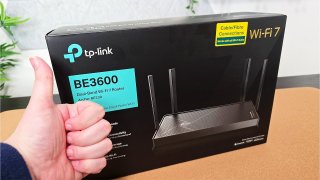
Gadgets- Feb 27, 2026
Top Budget-Friendly WiFi Routers for 2026
In today's connected world, a reliable WiFi router is essential for streaming, gaming, and working from home.
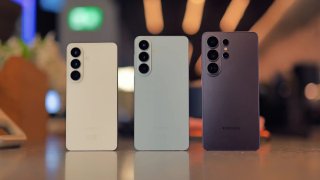
ICT News- Mar 01, 2026
Samsung Links Galaxy S26 Price Hikes to AI Memory Supply Issues
This development highlights the broader challenges faced by the tech industry as it integrates artificial intelligence into everyday consumer electronics.

ICT News- Feb 28, 2026
Anthropic Blacklisted by US Department of War: Trump Orders Federal Ban Over AI Safeguards Dispute
The story is developing. Federal agencies have been instructed to begin transition planning immediately.
Comments
Sort by Newest | Popular